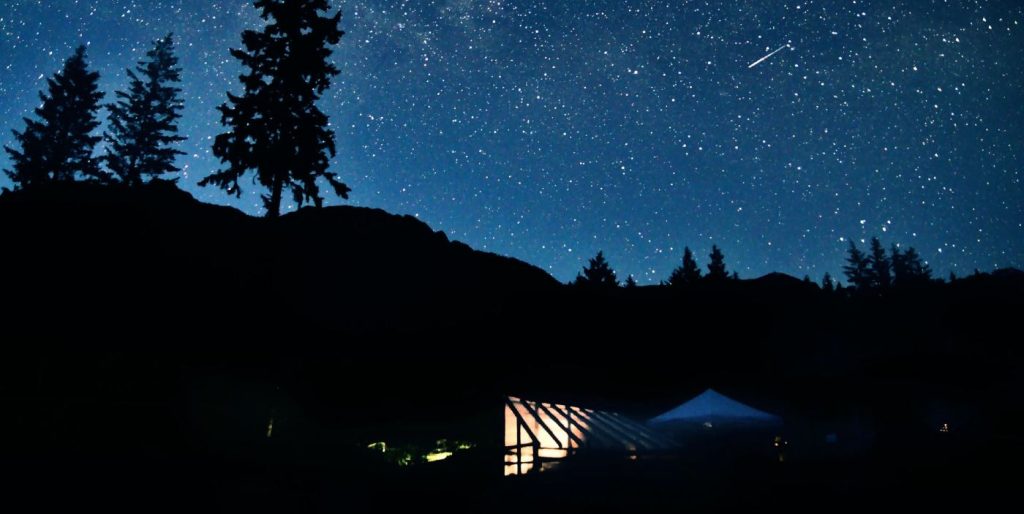This July, night skies across the United States are set to deliver an unforgettable celestial experience. Two major meteor showers will be visible, bringing slow-burning fireballs and streaks of light across the darkness. Whether you’re an avid stargazer or just stepping outside on a warm summer night, these events are worth marking on your calendar.
Alpha Capricornids – Slow, Bright, and Beautiful
Peak Night: July 31
Visibility: Best after midnight
What to Expect: Bright, slow-moving fireballs
The Alpha Capricornids are known for their dramatic fireballs — large, slow meteors that can light up the entire sky. Even though this shower only produces a handful of meteors per hour, its intensity lies in quality over quantity. The meteors tend to be bright and easily visible even in areas with some light pollution.
These meteors come from the debris left behind by Comet 169P/NEAT, and they’re best seen shortly after midnight when the radiant point — the area of the sky from which they appear to originate — is higher.
According to Star Walk, this shower is visible in both hemispheres, but U.S. observers will have a particularly good view this year thanks to dark skies and favourable moon phases.
Southern Delta Aquariids – A Gentle Stream of Light
Peak Night: July 30
Visibility: Late night into early morning
What to Expect: 15–20 meteors per hour
While not as dramatic as the Perseids in August, the Southern Delta Aquariids offer a more subtle experience. These meteors are fainter but more frequent, often leaving glowing trails in their wake. U.S. viewers in southern states or rural areas can catch the best views, especially between 2 a.m. and 4 a.m. local time.
The shower originates from debris linked to Comet 96P/Machholz, and its radiant lies in the constellation Aquarius, which rises high in the southern sky during the late hours.
Best Tips for Watching Meteor Showers in July
Avoid city lights. The darker the location, the better your chances of seeing meteors.
Look toward the south or overhead. You don’t need a telescope — your eyes are enough.
Be patient. It may take 15–30 minutes for your eyes to adjust to the darkness.
Bring comfort items. A blanket, reclining chair, and a thermos can turn it into a perfect summer night.
Final Thought
This July, nature puts on a show that doesn’t cost a thing — just look up. Whether you’re catching a single Alpha Capricornid fireball or watching the steady stream of the Delta Aquariids, these meteor showers offer a chance to slow down and enjoy the beauty of the universe above.
For more viewing info, visit Star Walk.

